Learn how to transfer car ownership in NSW. Step-by-step guide for buyers & sellers, including fees, documents & deadlines. Avoid fines & get it done fast.
Thinking about trading in your car? Whether you’re upgrading or just curious about how much your current ride is worth, understanding trade-in value is essential.
Dealers use a mix of factors and formulas to decide what they’ll offer you, and those numbers can vary widely. In this guide, we’ll break it all down, no guesswork needed.
Before heading to a dealership, it’s worth knowing what “trade-in value” actually means. It's not just about your car’s looks or how clean it is - it’s what the dealer thinks they can resell it for, minus their costs.


Trade-in value is the amount a car dealer is willing to offer you in exchange for your current vehicle. This value is usually applied as credit toward your next car purchase.
It’s not the same as what you might get from a private buyer. Dealers factor in reconditioning costs, market demand, and profit margins. So expect it to be a bit lower than the retail price.
Dealers aim to make a profit. That means your car’s trade-in value is typically 20% to 40% less than what you might get in a private sale.
They also have overheads, staff, and risks to cover. Private buyers, on the other hand, are paying directly for the car with no middleman markup.
Ever wonder why your car’s value varies from one dealership to another? Here’s the lowdown on what dealers actually consider when assessing your car.
Several things affect your car’s trade-in value:
If your car is a hot item—say a fuel-efficient hatchback during a petrol price hike - you’re in luck. Demand boosts value.
On the flip side, cars with poor resale history or discontinued models may bring in lower offers. Dealers check auction data, sales trends, and what’s sitting on their lot to decide what to offer.
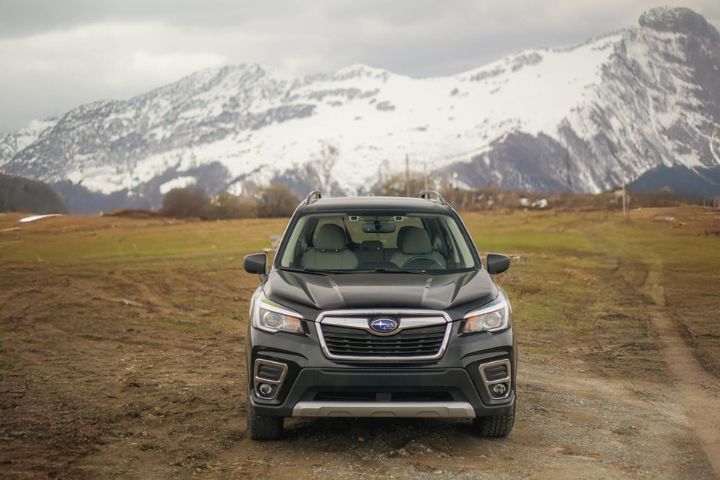

RedBook is a widely used reference in Australia. It provides estimated values based on your car’s make, model, year, and condition.
Dealers often use it as a starting point, but your actual offer will depend on specifics like wear, accident history, and local demand. You can also try tools from CarsGuide and Carsales to get a ballpark figure before visiting a dealer.
There’s no shortage of backyard advice about trade-ins. Some of it’s true - but some of it’s pure fantasy. Let’s clear up a few common myths.
This one’s popular - and not entirely fair. Yes, dealers offer less than private sale value, but that’s because they take on risk.
Cars may sit on the lot, need repairs, or lose value. The offer includes a buffer for those realities, not just dealer greed.
Sorry, but your custom rims and lowered suspension probably won’t help. In fact, mods can lower your car’s value. Dealers prefer stock vehicles because they appeal to more buyers and pass roadworthy inspections more easily.
They matter, but they’re not the whole story. A 10-year-old car with full service records and a tidy interior can be worth more than a 5-year-old model that’s been thrashed. The full picture counts.


If you want the best bang for your buck, a little effort can go a long way. Here’s how to present your car in the best light.
First impressions matter. A clean, shiny car looks well cared for, and that suggests good upkeep overall. Vacuum the interior, wipe down surfaces, and wash the exterior.
A $30 car wash could mean an extra $300 on your trade-in offer.
Got a busted tail light or squeaky wiper blades? Fix them. These small issues might seem petty, but they’re red flags to dealers. They signal potential costs and lower your perceived value.
Bring your logbook, service receipts, and any repair history. A complete history tells the dealer the car’s been looked after. It builds confidence and might help nudge the offer higher.
It’s the age-old question. Should you take the convenience of a trade-in or roll up your sleeves for a private sale? The answer depends on your priorities.
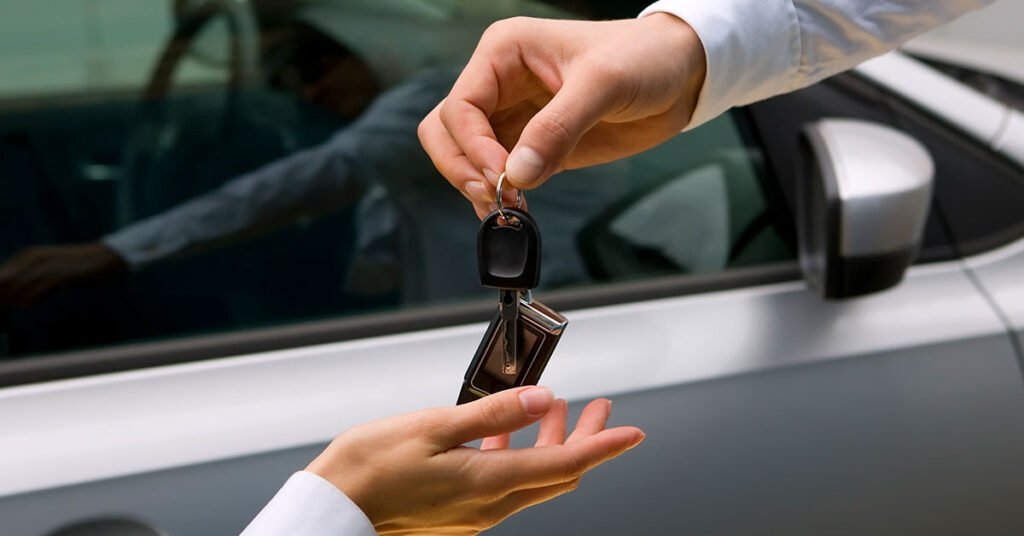

Trading in is fast. You hand over the keys, sign some papers, and walk away. Selling privately can take weeks, involve tyre-kickers, and require advertising. It’s effort vs ease.
Private sales often fetch more money, especially if your car is in great shape and demand. But you'll need to field inquiries, meet strangers, and handle paperwork yourself.
A trade-in may offer less, but the simplicity can be worth the trade-off.
If your car is older, has damage, or needs repairs, a dealer might be your best bet. They have systems to deal with less-than-perfect cars.
It also makes sense if you’re buying another car from the same dealer - trade-ins can simplify negotiations.
Not happy with the first number a dealer gives you? That’s normal. You’ve got options to make sure you’re treated fairly.
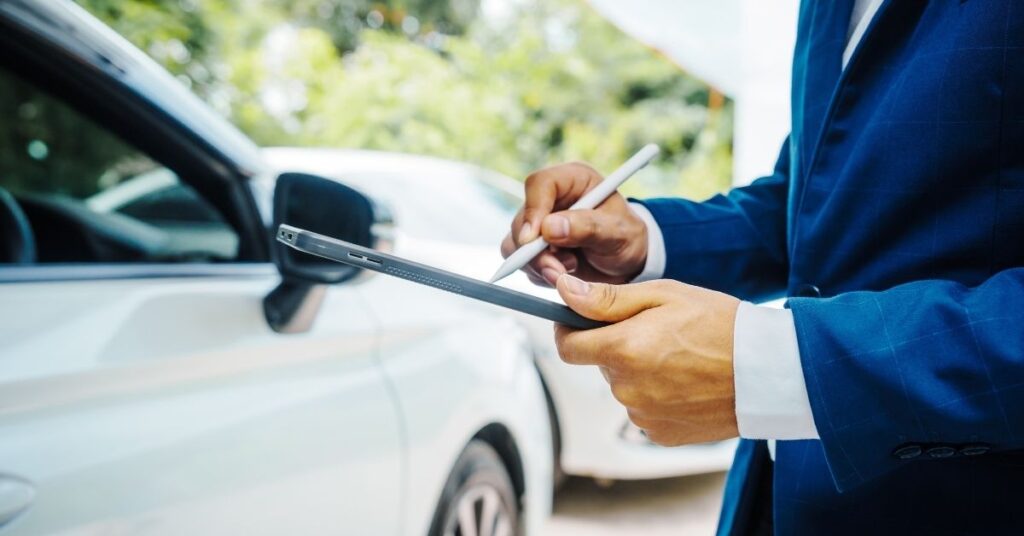

Shop around. Visit two or three dealers and see what they’ll offer. Don’t be afraid to walk away. Sometimes, just mentioning a competitor’s offer is enough to boost your quote.
Dealers sometimes mix the numbers to make the deal look better than it is. Keep the trade-in and the new car purchase as separate discussions. It helps you stay clear on the value of each part.
Do your homework. Check RedBook, CarsGuide, and Carsales. Know what similar vehicles are listed and sold for. That way, you can spot a lowball offer a mile away.
If the dealer leaves you unimpressed, don’t worry - there are other ways to sell your car without going full-blown private sale mode.
These businesses buy cars fast, sometimes within the same day. They often take vehicles in any condition, even non-runners. While the offer might be slightly below the trade-in price, the speed and simplicity can be a big win.
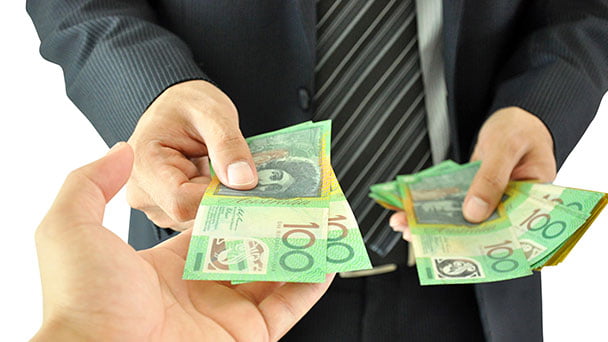

Gumtree, Facebook Marketplace, and Carsales are all viable places to list your car. You’ll likely get more money, but you’ll also invest more time. Prepare for no-shows, haggling, and paperwork.
If your car is old, damaged, or not worth trading in, ABCM Car Removal could be the smarter move.
We offer cash for cars in all conditions, plus free removal across the Newcastle, Central Coast, and Hunter regions. It’s a fast, no-fuss option that puts money in your pocket and clears space in your driveway.
Trading in your car doesn’t have to be a mystery. Armed with the right info, you can walk into a dealership knowing what your vehicle’s worth - and what you should accept.
It’s about preparation, not pressure. Whether you trade in, sell privately, or go the cash-for-cars route, make the choice that best fits your situation.
Knowledge is power, and in this case, it could mean hundreds - maybe thousands - of dollars in your favour.
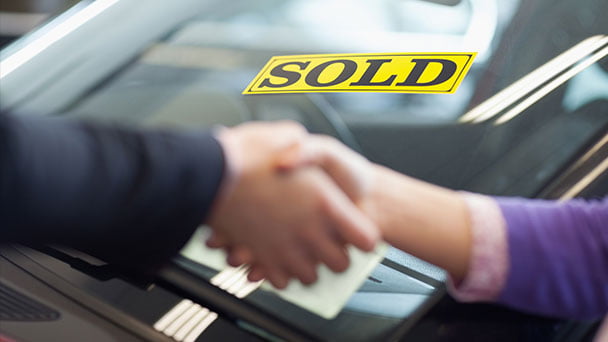

The smartest trade-ins come from smart research. If you know your car’s history, its market value, and what condition it’s in, you’ll be in the driver’s seat - figuratively and literally - when the negotiations begin.
Digital tools give you the advantage. Use valuation websites, compare dealer offers, and be honest about your vehicle’s state. A little time spent up front can make a big difference when it’s time to sign the dotted line.
Learn how to transfer car ownership in NSW. Step-by-step guide for buyers & sellers, including fees, documents & deadlines. Avoid fines & get it done fast.
Discover your car’s true value with our expert guide. Learn what affects price & get accurate estimates with easy tools. Fast, simple & Aussie-focused advice.
Learn how to sell your car quickly & get a fair price with expert tips on pricing, prep, listings & removal services. Fast, easy & reliable advice inside.
Learn how car valuation works in NSW. Get expert tips on age, mileage, market trends & tools for pricing your car competitively whether selling or buying.